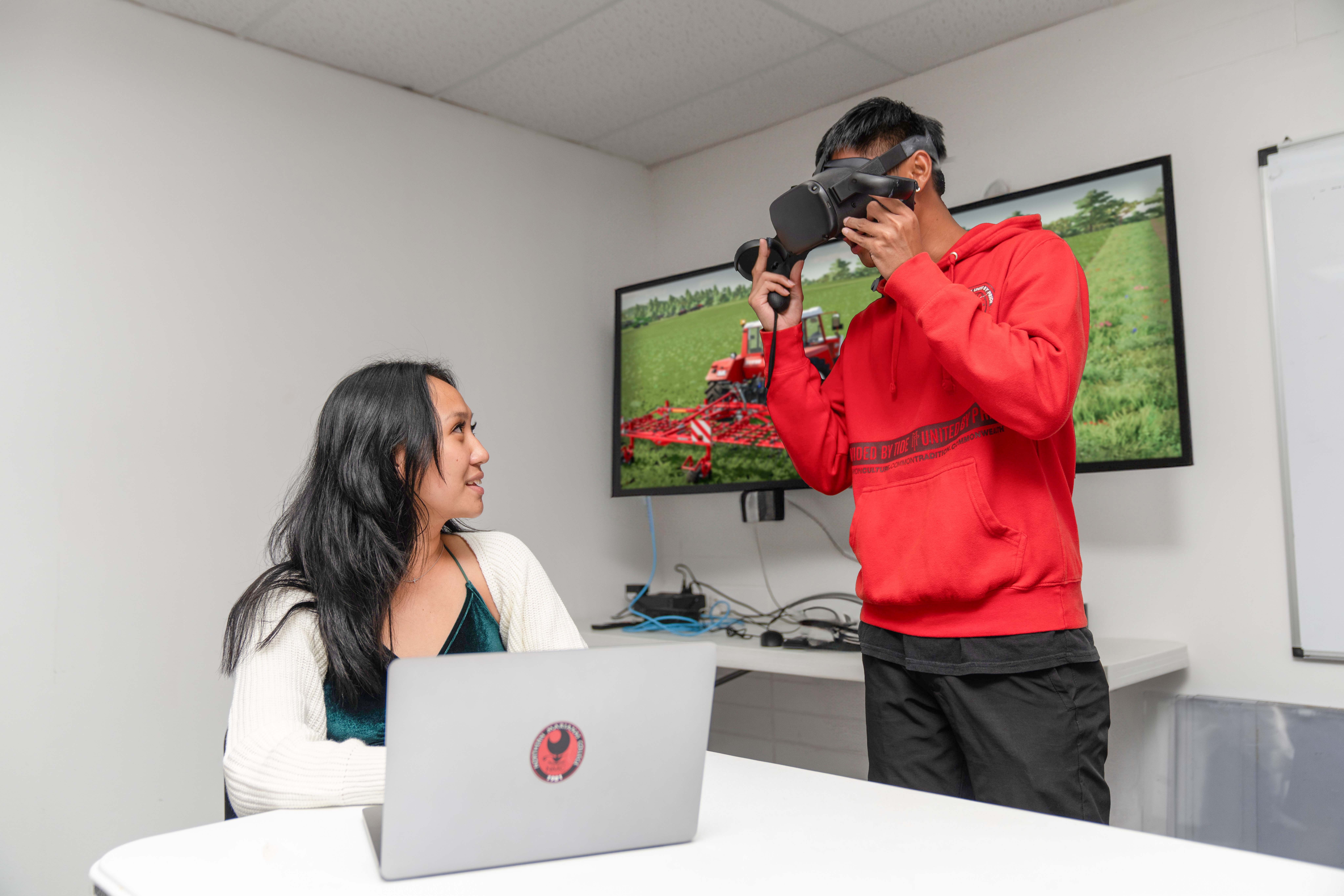The United States Department of Agriculture’s (USDA) National Institute for Food and Agriculture (NIFA) has recently awarded the Northern Marianas College $151,370 to enhance agricultural and food science education through the implementation of Virtual Reality (VR) technology.
This will help NMC expose faculty and students to agriculture and food science VR environments, enable students to participate in interactive VR labs, and assist in the creation of VR video content that highlights agriculture and food experiences in the CNMI.
Through interactive VR labs, this will leverage VR technology to provide faculty and students with immersive experiences in food and agriculture. Students will gain the opportunity to participate in experiments and simulations. This hands-on approach promises to enhance student engagement.
By granting students access to cutting-edge technology, NMC's VR education project aims to improve their learning experiences and inspire their interest in food and agriculture science. This initiative not only opens doors for students to explore exciting career opportunities in agriculture but also positions NMC as a pioneer in the use of VR technology in education.
“This will be a wonderful resource for our students and our community as a whole, and I want to commend our Distance Learning Education Coordinator Will Hunter for leading our efforts to be forward-thinking as new technologies emerge in higher education and in regenerative learning,” said NMC President Galvin Deleon Guerrero, EdD.
“I am thrilled and grateful to the USDA NIFA for providing this wonderful opportunity for us to implement VR technology into the learning environment at NMC. I have been an avid user of VR for many years and I am very excited to be able to share this experience with the students. This innovative project will expose faculty and students to new and exciting learning opportunities, while also giving us the resources to create VR content that we can also share,” said NMC Distance Learning Education Coordinator William Hunter.
This grant was awarded through the USDA NIFA’s Distance Education Grant (DEG) Program for Insular Areas.


